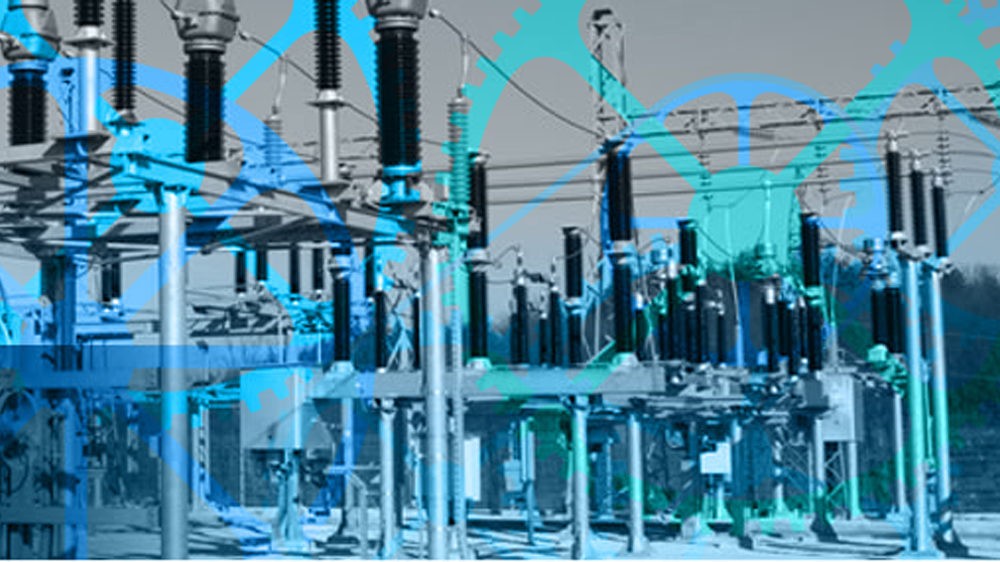Transforming T&D
By EPR Magazine Editorial June 6, 2018 6:25 pm IST
By EPR Magazine Editorial June 6, 2018 6:25 pm IST

The use of smart transformers is proving to be ideal for power systems designed for the integration of renewable energy.
India has been witnessing a significant rise in power demand for the past few decades on account of rapid growth in population, industrialisation and urbanisation. The total installed generation capacity is expected to reach to about 320 GW by the end of the 12th Five-Year Plan. During the same time, India is likely to achieve AC transformation capacity of 670 GVA with approximately 65 GW of inter regional grid transfer capacity in addition to HVDC transmission.
Over the years, transformer technology has evolved considerably to meet the emerging requirements of utilities and enhance power system reliability. The conventional oil-filled transformers are being replaced with dry-type transformers and advanced smart transformers. The ester-filled transformers, which offer the unique features of fire resistance, biodegradability and enhanced reliability, have become popular in the transmission and distribution segments. Phase shifting transformers (PSTs) are also gaining traction as they protect the equipment from thermal overload and increase the stability of the transmission system. Further, with the increase in high voltage direct current (HVDC) lines, the demand for converter transformers has increased in recent years to enable efficient electricity transfer over long distances.
With huge investments proposed across sectors such as power, infrastructure, etc., the transformers market in India is slated for strong growth. The excess capacity in the Transformer industry in India, and entry of new players is further expected to increase market competitiveness. Market consolidation over the next few years is inevitable.
Smart transformers are an integral part of digital substations, which independently regulate voltage and maintain contact with the smart grid in order to allow remote administration and real-time feedback on power supply parameters. The use of these transformers is gaining traction at the distribution and transmission levels. These transformers are equipped with intelligent electronic devices and intelligent monitoring and diagnostics features. Besides, they provide web and supervisory control and data acquisition interfaces.
A smart transformer provides the accurate amount of power that is required and immediately responds to fluctuations within the power grid, acting as a voltage regulator. Further, as smart transformers consume less energy, they help in reducing greenhouse gas emissions. During instances of power supply fluctuations, smart transformers can be monitored and controlled in real time to optimise the voltage levels. These features make smart transformers ideal for power systems designed for the integration of renewable energy.
Advanced transformer technology: Transforming T&D operating models
Anil Kadam, General Manager-Solution Architect, Schneider Electric says, “Transformers are an indispensable component of an alternate current (AC) electrical system for electricity generation, transmission or distribution. In India, power utility application holds the major share in power and distribution transformer market and is further expected to witness robust growth in the coming years.”
Advanced transformer technology work independently to constantly regulate voltage and maintain contact with the smart grid in order to allow remote administration and to provide information and feedback about the power supply and the transformer.
Smart grid will require ‘smart transformers’ – which is the epitome of energy collection and distribution.There have been significant developments in the field of transformer technology; which either pertains to its efficiency or to its reliability.
Divyansh Kohli, Executive Director, NDL Power Limited
We use cookies to personalize your experience. By continuing to visit this website you agree to our Terms & Conditions, Privacy Policy and Cookie Policy.